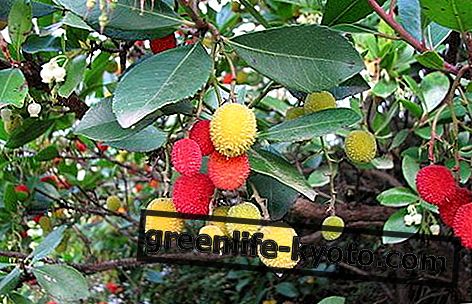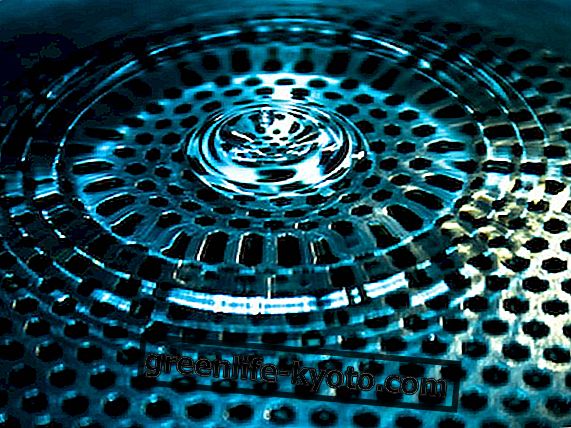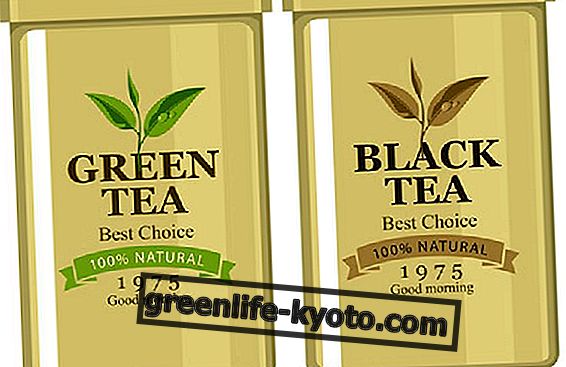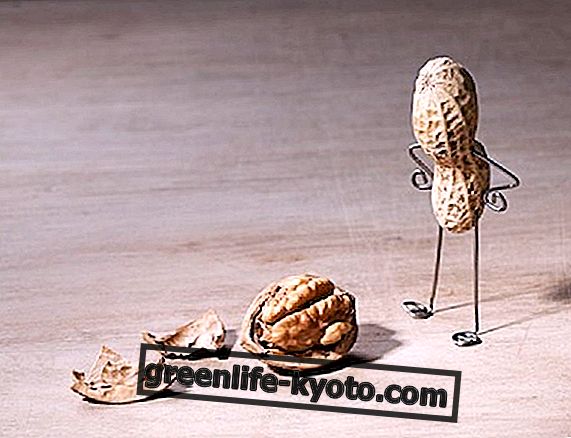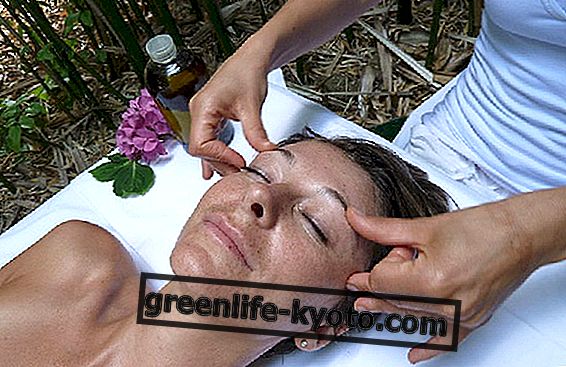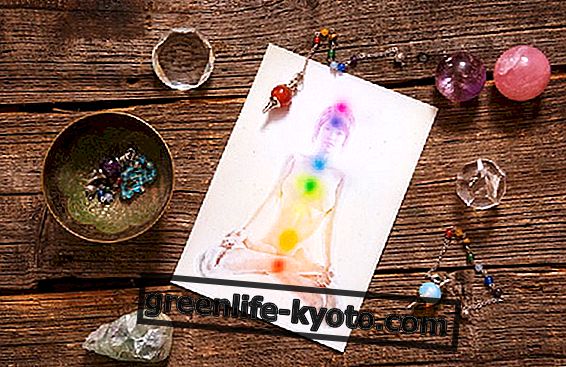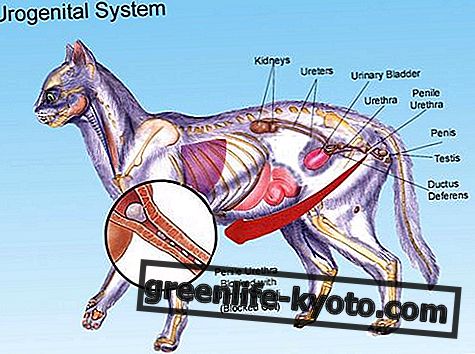
Stress cannot be completely eliminated, as it is fundamental for life, but it must be managed to prevent it from becoming negative, stressful and pathological. To this end, it is possible to intervene directly on stressful stimuli, modifying the thoughts that generate from the stressful event, both through various relaxation techniques and putting into practice antistress "tricks".
It is important to never lose sight of one's psychophysical well-being, avoiding putting yourself in conditions that can generate excessive tension. A pinch of "healthy" selfishness often helps: begin to say no to those who ask too much or who demand perfection in everything you do (obviously you don't have to become "good for nothing" or "heartless selfish" ). Every now and then take a break and act with "slowness": savoring the food you eat, taking a walk, watching a sunset, the moon, the stars and so on. Always try to choose independently, without being influenced by external pressures.
Dedicate yourself to what you really like and enjoy, without feeling guilty about it. Evaluate each situation based on what it is, not according to what will be after. Focus on the present, without constantly thinking about the past or the future, because this way you don't "taste" what you do and live and you risk living in regrets, fears and so on that in the long run generate stress. Try to have a healthy lifestyle: sleep at least 7 hours per night ; do regular aerobic and anaerobic exercise, at least three times a week; do relaxation exercises and deep breathing; feed properly, with a varied and balanced diet according to age, sex, physiological needs and lifestyle; engage in hobbies and rewarding activities; avoid using psychiatric drugs.
In particular conditions, as well as vitamin and mineral supplements, natural tonic and adaptogenic substances such as ginseng, eleuterococcus, royal jelly, pollen, rhodiola, spirulina algae and so on may be useful. These natural remedies against stress are effective both on mental abilities, (they help improve attention, concentration and memory), and on physical performance (they improve the ability to perform muscular work and reduce the sense of fatigue); however, self-prescription should always be avoided.
It should be emphasized that stress can be a warning of some unknown dysfunction or pathology, such as thyroid disorders, calcium and magnesium imbalance, anemia, diabetes, depression, liver disease, kidney disease, various hormonal alterations, nutrient deficiencies and trace elements. These conditions also create additional stress, resulting in a vicious circle. Therefore, a good medical investigation that also includes blood and urine tests is essential to clarify the causes of the problem. Finally, it must be kept in mind that any change can be a source of stress (change of season, return from holidays, removal, menopause, marriage, cohabitation, divorce, birth of a child, dismissal, loss of a loved one, loss of an animal to which it is affectionate and so on).
Dr. Elena Longo, Nutritionist, Expert in Techniques for Psychophysical Wellbeing

